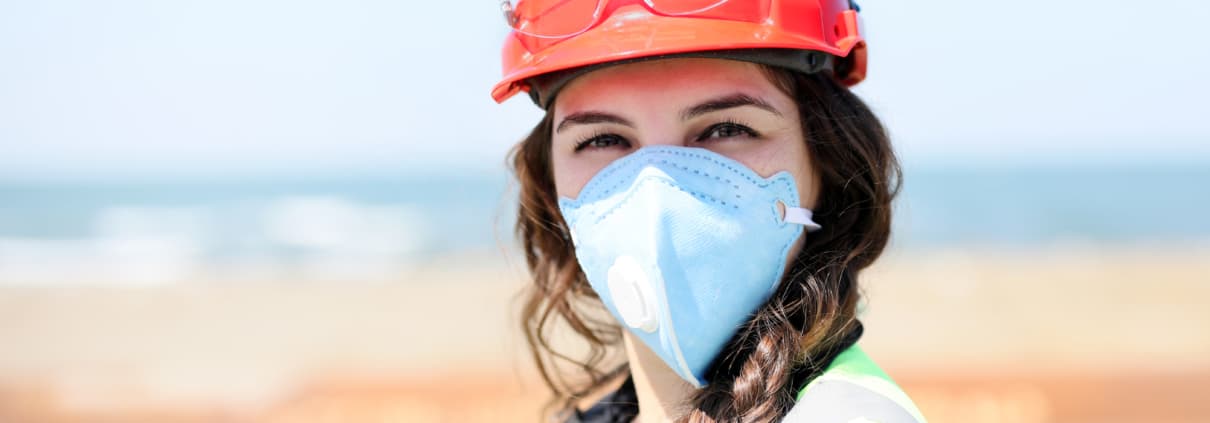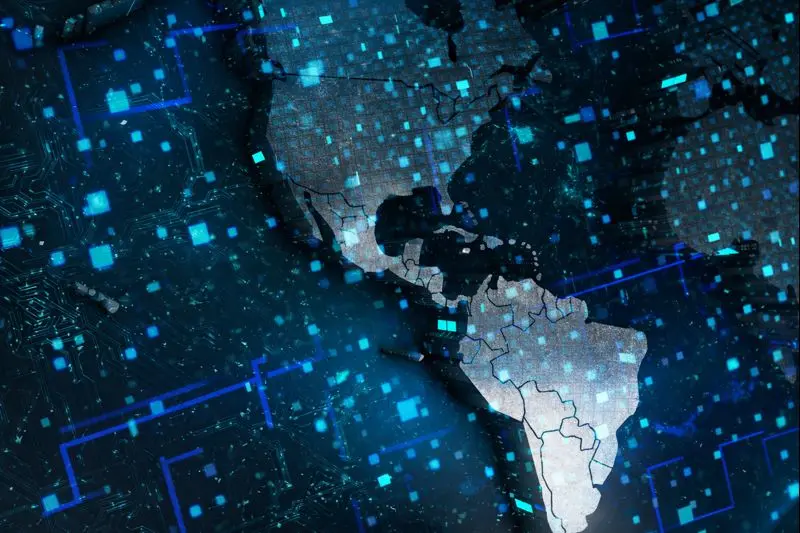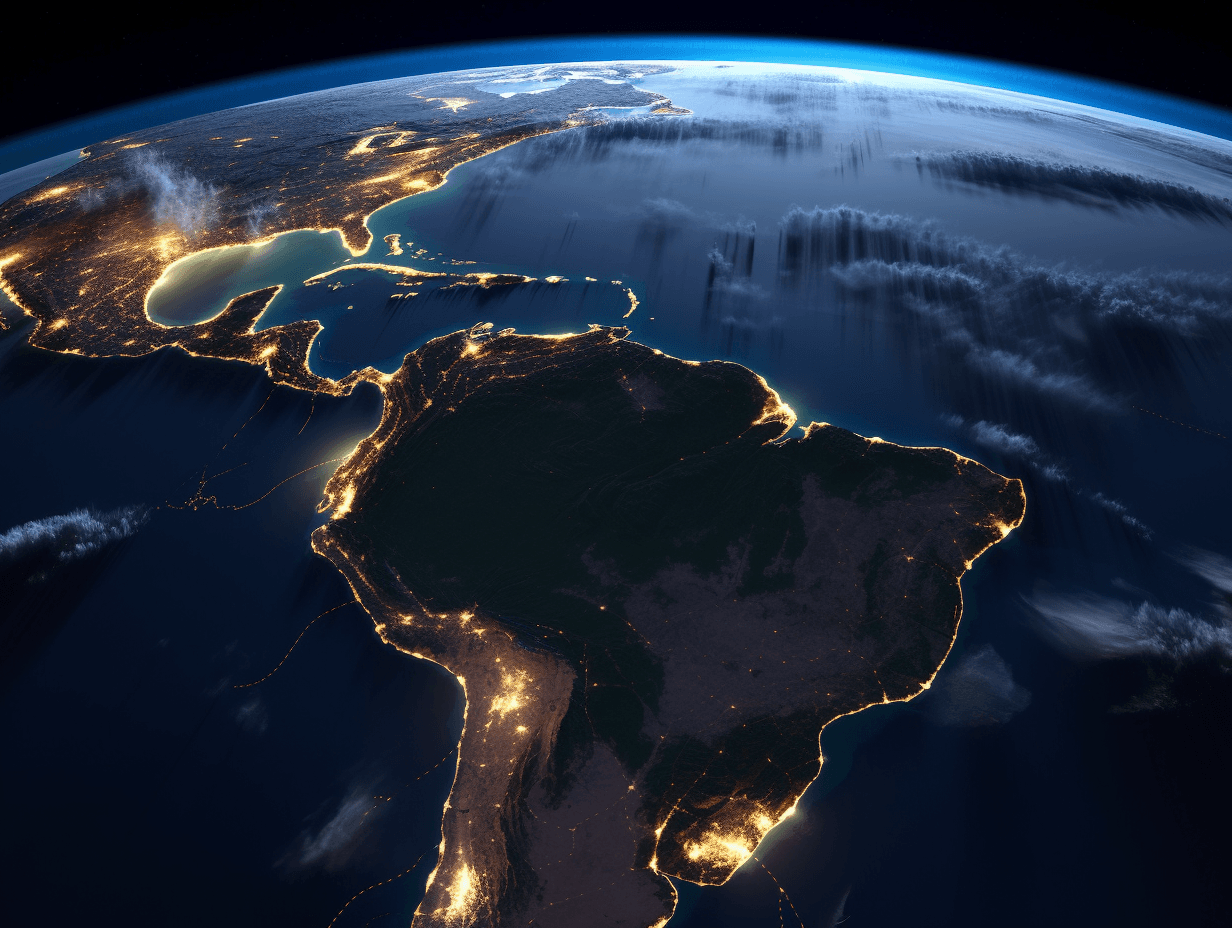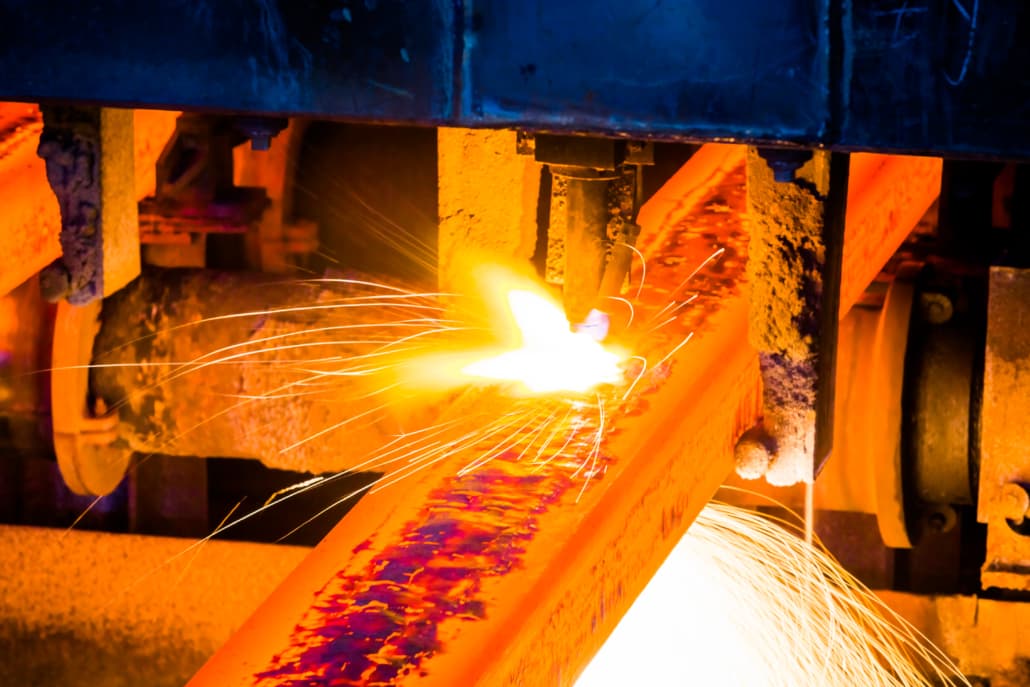How renewable energy project execution is powering ahead despite Covid-19

Compared to other infrastructure sectors in Latin America during the Covid-19 pandemic, renewable energy project execution has demonstrated remarkable resilience. After overcoming supply shocks from the beginning of the year as factories briefly halted operations, construction activity on solar and wind projects – deemed as an essential activity in many jurisdictions – has been largely undisrupted by work stoppages that have affected other industries.
As we have adapted to the new normal, we have worked hard to bring together world-class best practices to ensure workers’ health and safety. In this article, we share what we’ve learned and how Covid-19 has demonstrated, once more, the strength of the renewable energy sector, even during a global health crisis.
Learning from others’ experience
This is a new situation for everyone, but this doesn’t mean we need to reinvent the wheel. At Atlas, we have strong relationships that span the globe. From our suppliers in China to our contractors who bring experience from Europe, we’ve been able to capture findings from the geographies that have already gone through the worst of the pandemic and take their protocols as a starting point when exploring ways to implement world-class safety standards in Latin America.
Keeping workers safe
By their very nature, renewable energy project sites lend themselves well to social distancing. Wind turbines need to be spaced hundreds of yards apart in vast, open spaces, and even the smallest of our solar farms are measured in the hundreds of acres. This inherent reality helps us to mitigate on-site risks right off the bat.
But simply relying on natural distance isn’t enough. To keep our workers safe, we have pinpointed the many risk factors throughout their day – even before they arrive on-site – and put in place measures to mitigate them.
We’ve adapted the transportation methods our workers and contractors use to ensure adequate distancing between people and put in place daily deep cleaning of the vehicles to ensure optimal sanitization. Once workers arrive onsite, we hold daily safety meetings where we devote time to discuss Covid-19, making sure everyone is aware of the protocols that are in place and giving people the opportunity to raise any concerns about their health. We’re also checking for coronavirus symptoms, which includes temperature measurements and questionnaires to identify any workers who have been in contact with friends or family members who may have been exposed to the virus.
Because we have seen from other countries that many people who are infected with the virus are asymptomatic, we’re taking an extremely conservative approach to personal safety. We’ve revised our entire modus operandi all the way down the value chain, cutting out unnecessary face-to-face meetings with service providers. On-site, we are sanitizing all common areas and providing personal protective equipment to every worker, including masks and gloves. Following examples set elsewhere in the world, we are also exploring the possibility of providing remote virus testing, which will provide an additional layer of safety to our workforce.
Our sites have always been technologically advanced, but in these strange times we are taking this a step further. One example is our virtual safety walks, where our supervisors can now check-in – at a distance – on workers’ performance as well as adherence to safety standards via video technology. Additionally, we’ve also put in place cohort segregation, which minimizes interactions among the workforce and enables the quarantining of small groups in case of any reported infections, creating an efficient way of working even during the pandemic.
Combatting mixed messaging
One of the biggest issues faced by international health authorities has been ensuring the global population is adequately informed, and busting myths about the spread, diagnostic, and treatment of Covid-19. This is of enormous importance to us as we seek to achieve alignment among all of our stakeholders on risk identification and mitigation.
On-site medical staff play a key role in communicating the facts about the disease to workers and ensuring they understand that the precautions they take at work also need to be taken outside of work in order to protect their families.
In the local communities, our community liaison officers have produced communication modules using resources from international institutions that go out via social media, radio, and other means to provide people with a trusted source of information in these confusing times.
Working together as an ecosystem
We don’t operate in a vacuum, and throughout these difficult times, we have learned that open channels of communication are key to getting the job done. Renewable energy generation will play a transformational role in the economy post-Covid-19, and it is incumbent upon us to meet our commitments to our projects. Our close ties with local authorities, the communities we operate in, and our contractors have been vital, and there is a common understanding that we need to work closely together as we seek to adapt to this new normal.
We have seen positive reactions from all of our contractors, who have provided suggestions and recommendations based on their experiences in other areas. This drive towards benchmarking and knowledge-sharing has brought about a collaborative means of creating best practices that go above and beyond those required by national legislation, and will only serve to boost resilience across the entire industry.
Local authorities, too, cognizant of the need to safeguard jobs as well as community health, have facilitated knowledge transfer between companies operating in their regions to support the completion of projects which will bring both employment and clean energy to the population. We believe that this new focus on cooperation will remain and will help to bring about better standards and greater efficiency throughout the industry.
Moving along the learning curve
We are living in unprecedented times, and we are still in a period of adaptation. However, our experiences have taught us that for the renewable energy sector at least, the impacts of the Covid-19 pandemic can be successfully managed, to the extent that we don’t foresee any material impact on project execution in the coming months. In this sense, the world can continue to invest in renewable energy opportunities creating hundreds of thousands, if not millions, of much needed jobs.
Renewable energy demand remains high across Latin America, and by putting ourselves at the forefront and setting industry-leading standards to keep people safe from Covid-19, we are ensuring the sustainability of our projects for many years to come.
SOURCES
Atlas Renewable Energy Executives Interview – May, 2020
Share This Entry


